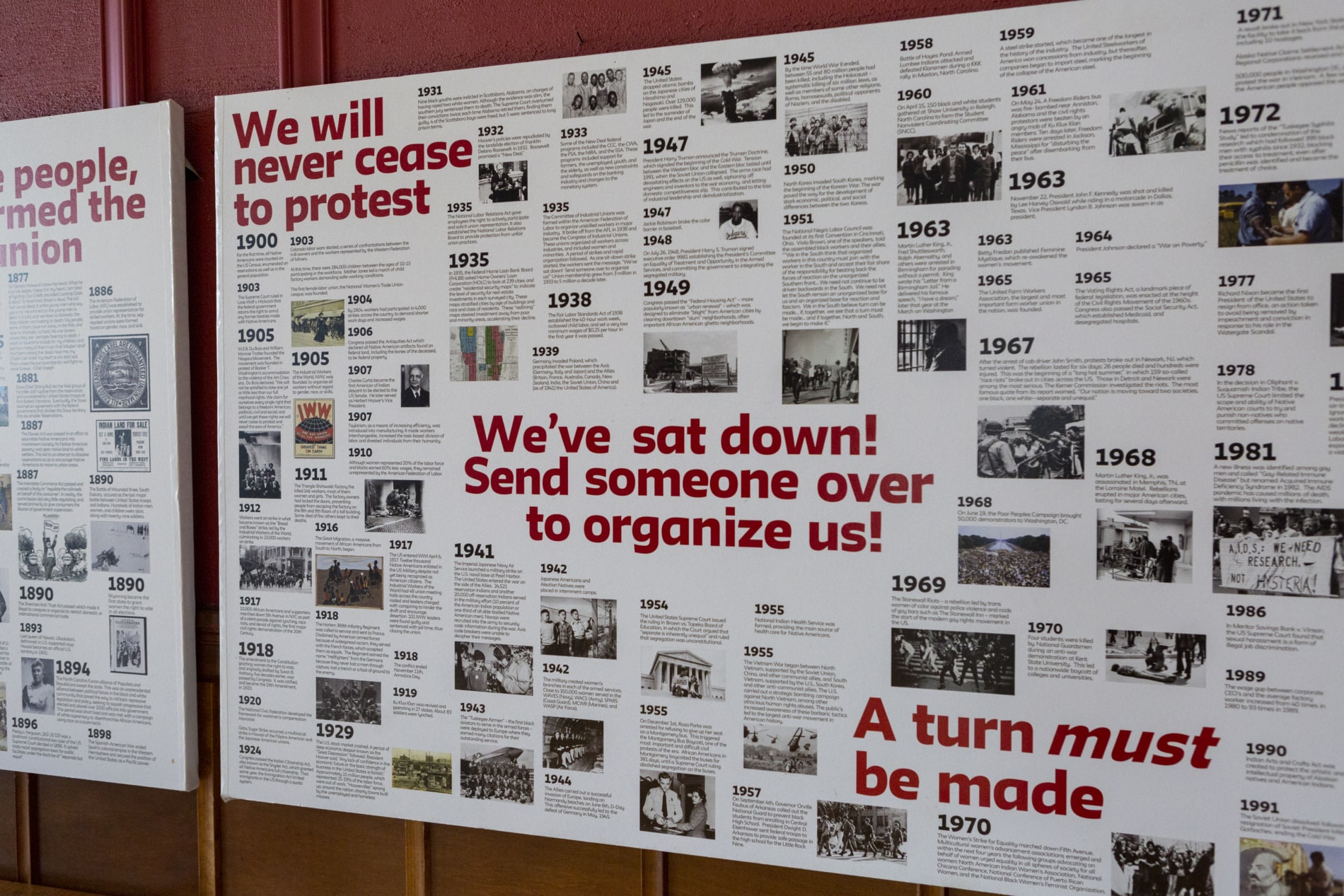We know that First Church was complicit with Northern slavery during the 200 years that it was legal in Massachusetts. In 2011, research into First Church records and other sources from the Congregational Library showed that 36 enslaved persons (33 Africans and 3 Indigenous persons) owned by First Church members, including two Senior Ministers, became members of the church in the 17th and 18th centuries. After slavery in Massachusetts was abolished in 1783, First Church was largely silent on the great questions of slavery, abolition and emancipation through the Civil War and Reconstruction.
MORE ABOUT FIRST CHURCH’S SLAVEHOLDING HISTORY
- View our triptych exhibit: Enslaved Africans and Native Americans at FCC Triptych
- Read the paper “Owning Our History: First Church and Race 1636-1873″ by David Kidder, from 2013, revised 2019.
- “Stories Impossible to Tell”. In 2018, Senior Minister Dan Smith and James Ramsey, a Harvard Divinity School student, collaborated on a study that focused on stories of enslaved persons in Cambridge, including some members of First Church. Click here to read Stories Impossible to Tell (Full)
- View a 2018 PowerPoint by Reverend Dan Smith: Remembering Slavery’s Living Legacy (9/23/18)
- View a 2019 Powerpoint by member David Kidder: Searching for Phillip Field
OUR CURRENT WORK
In recent years, First Church has been working to reckon with our history of enslaving persons of African and Indigenous descent and to learn about the harmful, inequitable living legacy of slavery and white supremacy in our church, city, and nation. We are asking how we can make reparation and work together to eradicate racial inequality in our lives, our church, and wider communities. Our Vision for Being an Anti-Racist Church calls us each to take action immediately in our lives, church and communities. Please visit our Racial Justice page for more about specific steps First Church is taking in this ongoing and forever work.
